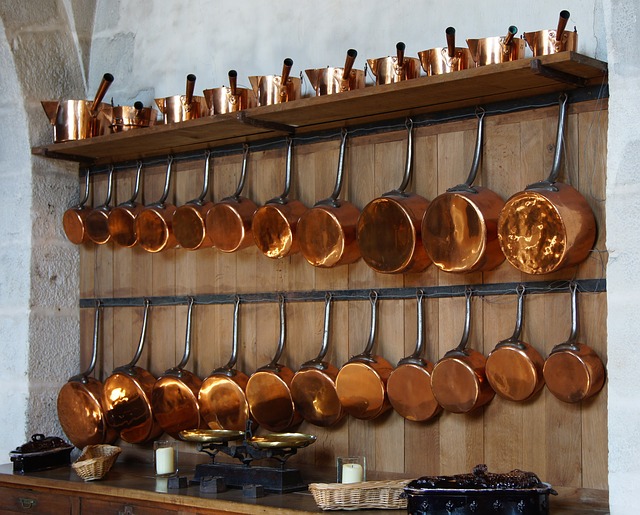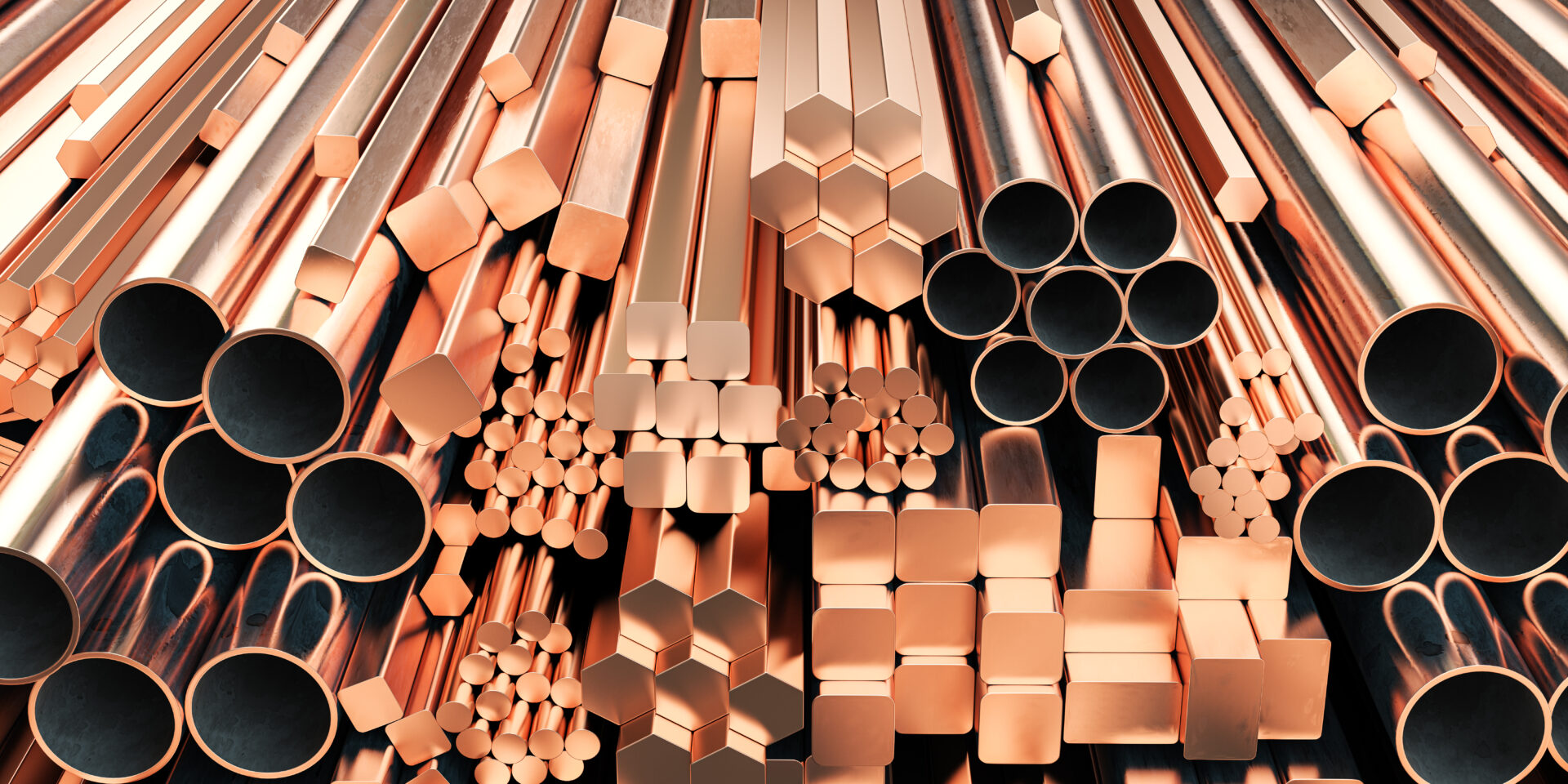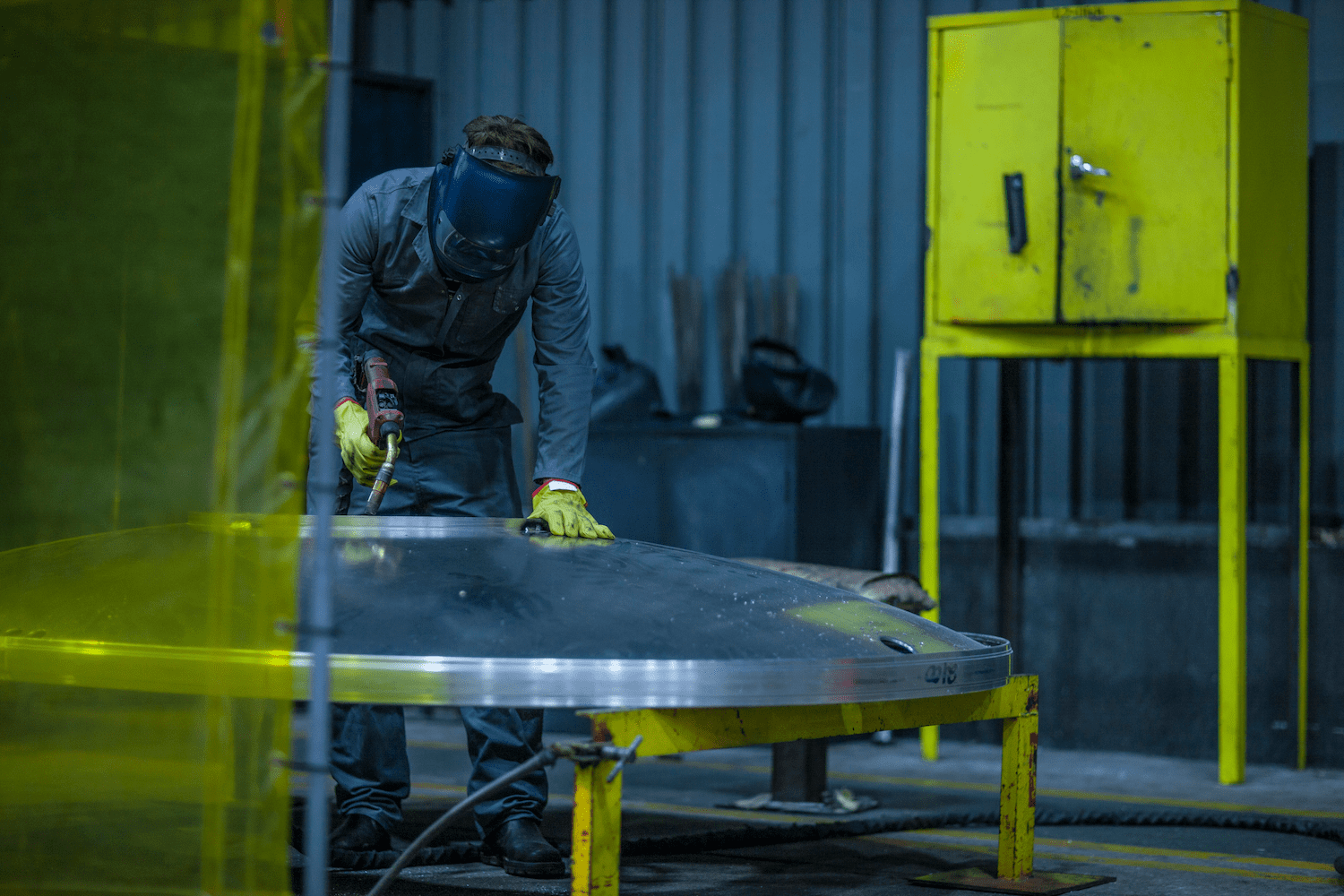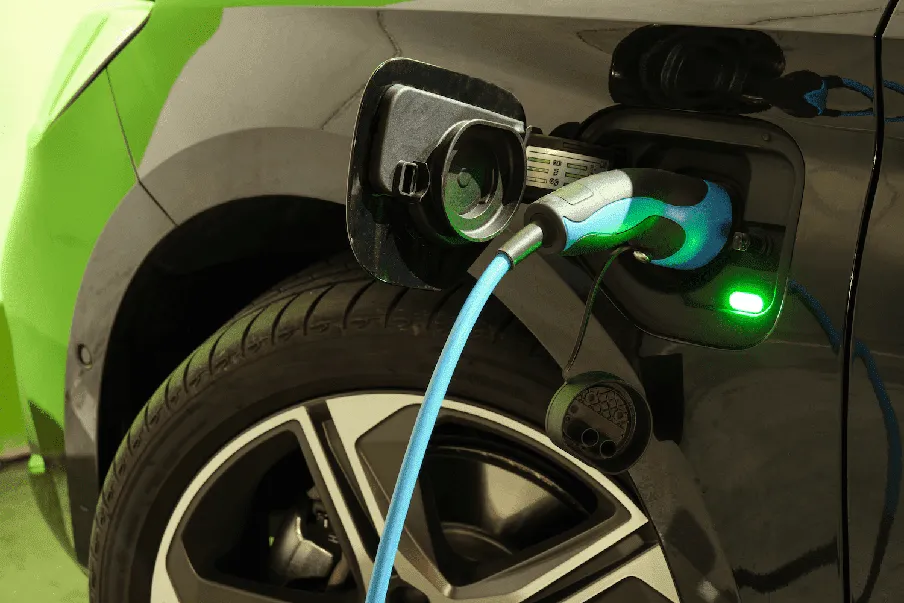
Scrap metal recycling can be a bit confusing for people just starting out. There are all sorts of different scrap metal classifications, grades, and types of metals. While it all seems irrelevant, it’s important to know what type of metal you’re dealing with.
Whether you’re building a structure from recycled scrap metal or just trying to recycle some scrap metal for extra cash, knowing scrap metal classification will set you up for success.
Although scrap metal is often considered waste, it is still a valuable product and a popular commodity. Now before you start recycling you need to understand the different classifications.
Scrap Metal Classifications: Ferrous and Non-Ferrous Metal
Every metal falls under one of two classifications: ferrous and non-ferrous metals.
Ferrous Metals
Ferrous metals are the most common type of recycled metals. As a matter of fact, the U.S. processes enough ferrous metal daily, by weight, to build 25 Eiffel Towers every single day of the year. Now that’s a lot of metal!
The simplest way of differentiating it from non-ferrous metals is that all ferrous metal is magnetic. This is because ferrous metal is iron or steel or at least contains it.
Common items made of ferrous metal include refrigerators, ovens, cars, cast iron skillets, and more.
Ferrous metals also have a high carbon content, which generally makes them prone to rust or corrosion, making them obsolete.
Non-Ferrous
Non-ferrous metals don’t contain iron so they aren’t magnetic and they’re typically more corrosion and rust resistant than ferrous metals. These metals are commonly used in construction and building applications such as gutters, roofing, pipes, and electrical.
Non-ferrous metals include brass, gold, nickel, tin, lead, and zinc, among others. Common properties of non-ferrous metals are that they’re malleable and lightweight. These properties make them especially ideal for the construction of aircraft.
Types of Scrap Metal

There are numerous types of metal, hundreds or thousands when you get down to the nitty-gritty classifications. When you know the types of scrap metal you are dealing with, it’s easier to know what you can and can’t do with it, where it’s commonly found, and what the value is.
Aluminum
Aluminum is one of the most commonly recycled scrap metals. You can find aluminum in soda cans, food wrap foils, screen door frames, or storm windows—just to name a few items.
Brass
Brass is a common metal to find in and around your home. You can find it in places such as your doorknobs, brass-plated crockery, and old bed frames.
Carbide
If you have many tools, you will find carbide in the tool bits or drill bits. So if you get a new toolset for Father’s Day or just replacing broken pieces, remember that you can recycle them instead of tossing them in the trash.
Copper

Copper is the third most used metal in construction and manufacturing. Copper is highly valuable and sought after. This metal is commonly found in your household plumbing, living room decor, appliances, kitchen sinks, pots, and electronic wiring.
Iron
Common household items such as cast iron pots and pans, lawn mowers, swings in your backyard, and iron railings are perfectly acceptable as scrap metal. A lot of outdoor furniture is also commonly made of iron.
Lead
Lead requires so much energy to mine that manufacturers prefer purchasing recycled lead because it saves time and money. It is also a highly toxic metal, so be sure to protect yourself and your surroundings when handling it. Many older houses were made with lead water pipes which need to be replaced as soon as possible, as these are dangerous to your health.
Titanium

Titanium is used in just about everything, from jewelry to airplanes, and that’s why it’s so valuable. When you have a metal that is so versatile you can use it on a number of projects. It’s also very durable and resistant to corrosion.
Scrap Metal Recycling
Now that you know all of the scrap metal classifications and the different types of metal you can take your scrap metal to an experienced scrap metal recycler like GLE Scrap Metal.
GLE Scrap Metal buys, processes, and sells all classifications and types of scrap metal. The major benefit of recycling scrap metal, aside from taking it off of your hands, is that it keeps it out of our landfills which is great for our environment.
Purchasing recycled scrap metal saves manufacturers time and money because they don’t need to spend time and resources getting new materials.
By recycling your scrap metal, you can receive additional revenue, save manufacturers money, all while providing a cleaner and healthier environment for everyone.
To find out more contact us or call us at 855-727-2788.



